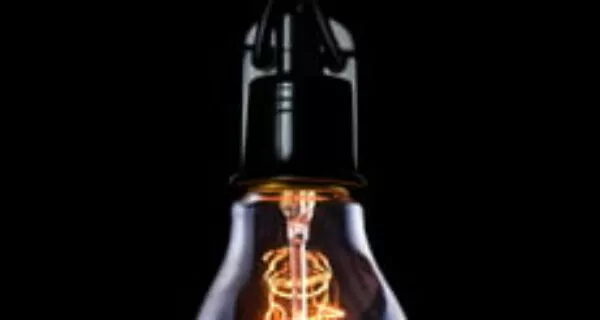Opting Out of the EU’s new Unified Patent Court

The process for obtaining and enforcing patents in the European Union (EU) is about to change with the introduction of the new Unitary Patent system, of which the Unitary Patent (UP) and the Unified Patent Court (UPC) are core components. Although designed to streamline current inefficiencies inherent in the European patent system, one feature of the new system is giving pause to European patent (EP) owners. Specifically, by participating in the new UPC, existing EPs may become subject to its jurisdiction, resulting in the possibility of a single revocation action across all participating EU countries. Fortunately, a process for opting out from UPC jurisdiction is available.
What is the Unitary Patent System?
A UP is a single “unitary” patent granted by the European Patent Office, whose territorial scope will extend to all EU participating countries (also known as Contracting Member States)1. The UP can be enforced or revoked in a single action before the UPC, a new court common to the participating member states for resolving patent disputes. Unlike a European patent, a UP will not require separate enforcement and maintenance in each country where it is validated. The UP/UPC will become effective on June 1, 2023. A UP may only be obtained for a European patent granted after this effective date. Importantly, under the new system, any existing European patent may become subject to the jurisdiction of the new UPC.
Benefits and disadvantages of the UP/UPC
For patent proprietors, benefits of the UP/UPC include reduced validation, translation, and renewal fees, as well as a single enforcement/infringement proceeding taken in the UPC which will be applicable in all Contracting Member States. In contrast to these benefits is the clear disadvantage of a potential revocation of both UPs and EPs across the entire UPC territory through a central revocation action at the UPC.
Opting out of the UP/UPC
In light of the risks posed by a central revocation action at the UPC, the new UP/UPC system will permit patent proprietors to opt-out their existing and newly issued European patents from the jurisdiction of the UPC. Opt-out requests will be allowed even before the UPC becomes effective by virtue of a “sunrise period” for filing opt-outs which runs from March 1, 2023-May 31, 2023. Additionally, opt-out requests will continue for a transitional period of at least 7 years. However, an opt-out will not be allowed if a revocation action has already been brought at the UPC. Although an opt-out can be withdrawn, the patent proprietor will be precluded from opting out again following an opt-out withdrawal.
Companies and other organizations that manage large patent portfolios containing EU patents may wish to consider taking certain actions in preparation of the opt-out period, such as:
- Compile a list of all European patents
- Compile sub-lists of European patents for licensed cases, unlicensed cases, and cases with joint ownership
- From the above lists, determine which European patents will opt-out of the UP/UPC
- Verify the legal ownership of European patents, since opt-outs can only be requested by the legal owner
- For jointly owned European patents, reach out to joint owners, as all owning parties must agree to opt-out
- For licensed European patents, reach out to licensees regarding the patent owner’s opt-out plans
- Send a list of all opt-out European patents to a single European agent to file a bulk opt-out request (opting out for multiple patents) to reduce administrative costs
Other considerations
In addition to considering whether to opt-out of the UP/UPC, companies may wish to consider how they will handle future patent licenses, such as including contractual provisions addressing which party (licensor or licensee) will be empowered to make validation (UP or traditional national validations) and opt-out decisions.
If you are considering an opt-out request or have questions about the Unitary Patent system, please contact Naomi Biswas at [email protected].
This publication should not be construed as legal advice or a legal opinion on any specific facts or circumstances not an offer to represent you. It is not intended to create, and receipt does not constitute, an attorney-client relationship. The contents are intended for general informational purposes only, and you are urged to consult your attorney concerning any particular situation and any specific legal questions you may have. Pursuant to applicable rules of professional conduct, portions of this publication may constitute Attorney Advertising.